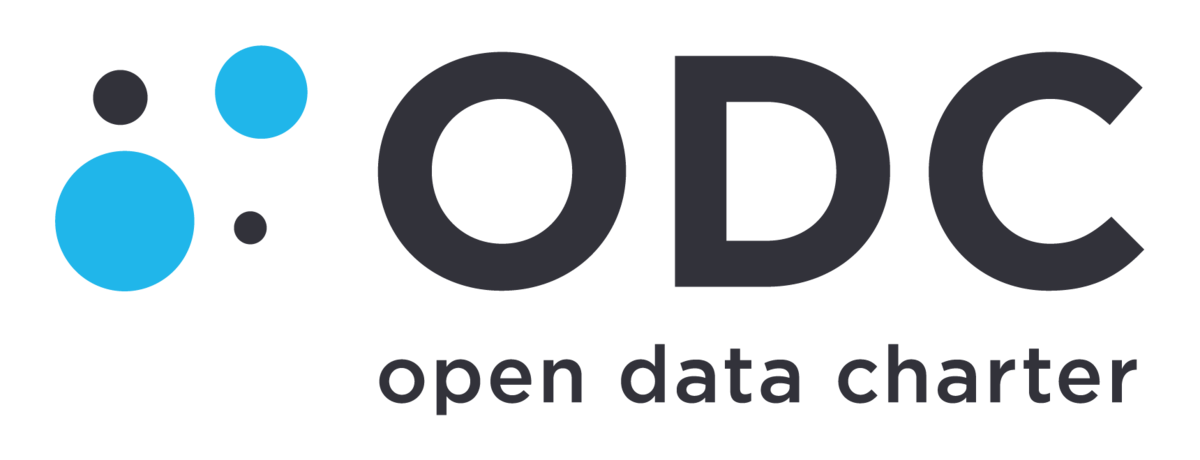Bangladesh NGOs Network for Radio and Communication has endorsed the Open Data Charter. The principles of the Open Data Charter have been endorsed by 66 organisations and non-state actors that work to support their delivery with governments around the world and Since its inception in 2015, the Open Data Charter has been adopted by 77 national and local governments from around the world.
The Open Data Charter is a collaboration between over 100 governments and organisations working to open up data based on a shared set of principles. We promote policies and practices that enable governments and CSOs to collect, share, and use well-governed data, to respond effectively and accountably to the following focus areas: anti-corruption, climate action and pay equity.
Open data is digital data that is made available with the technical and legal characteristics necessary for it to be freely used, reused, and redistributed by anyone, anytime, anywhere.
The six Charter principles were developed in 2015 by governments, civil society, and experts around the world to represent a globally-agreed set of aspirational norms for how to publish data. Below is an informal explainer of the 6 Principles:
- Open By Default
This represents a real shift in how government operates and how it interacts with citizens. At the moment we often have to ask officials for the specific information we want. Open by default turns this on its head and says that there should be a presumption of publication for all. Governments need to justify data that’s kept closed, for example for security or data protection reasons. To make this work, citizens must also feel confident that open data will not compromise their right to privacy.
- Timely and Comprehensive
Open data is only valuable if it’s still relevant. Getting information published quickly and in a comprehensive way is central to its potential for success. As much as possible governments should provide data in its original, unmodified form.
- Accessible and Usable
Ensuring that data is machine readable and easy to find will make data go further. Portals are one way of achieving this. But it’s also important to think about the user experience of those accessing data, including the file formats that information is provided. Data should be free of charge, under an open license, for example, those developed by Creative Commons.
- Comparable and Interoperable
Data has a multiplier effect. The more quality datasets you have access to, and the easier it is for them to talk to each other, the more potential value you can get from them. Commonly-agreed data standards play a crucial role in making this happen.
- For Improved Governance & Citizen Engagement
Open data has the capacity to let citizens (and others in government) have a better idea of what officials and politicians are doing. This transparency can improve public services and help hold governments to account.
- For Inclusive Development and Innovation
Finally, open data can help spur inclusive economic development. For example, greater access to data can make farming more efficient, or it can be used to tackle climate change. Finally, we often think of open data as just about improving government performance, but there’s a whole universe out there of entrepreneurs making money off the back of open data.
